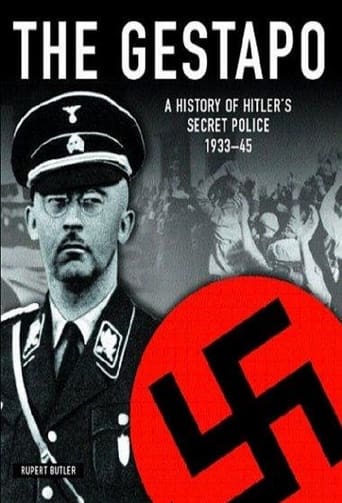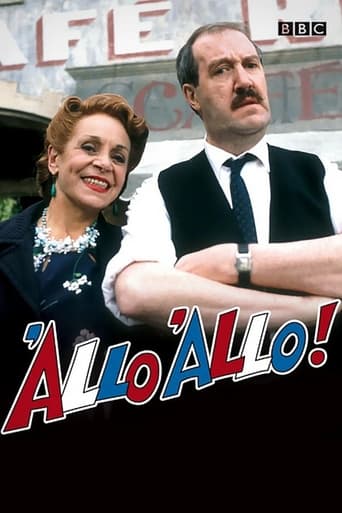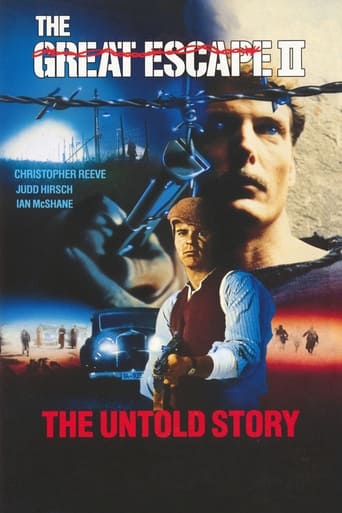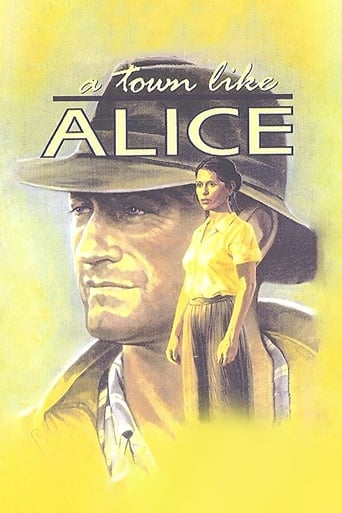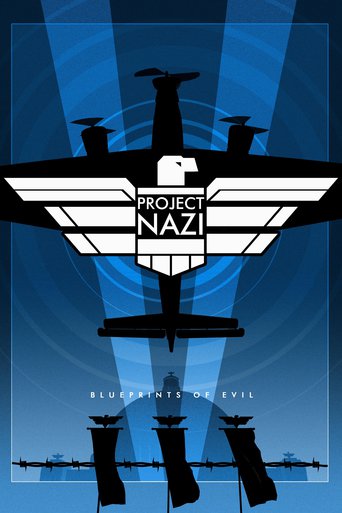The Gestapo: Hitler's Secret Police Season 1
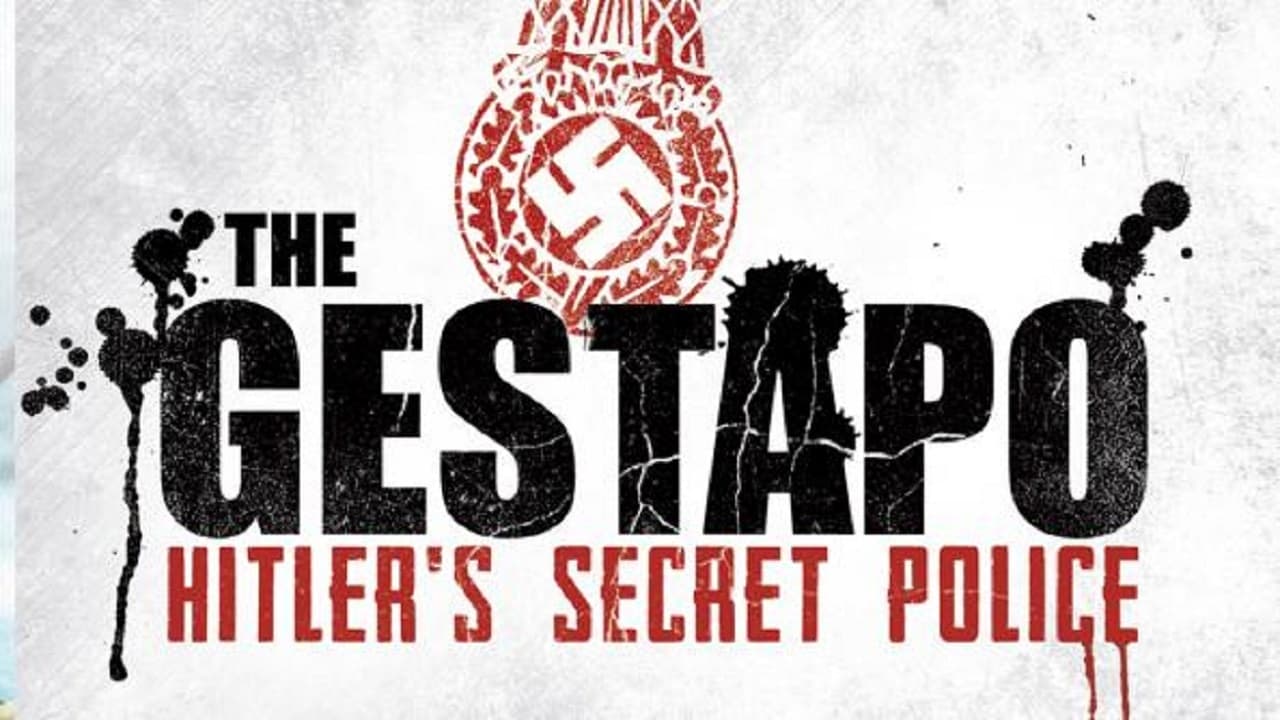
During the darkest days of the Third Reich, the most dreaded sound was a knock at the door after dark. Everyone who lived under Nazi rule lived in fear of the secretive agents known colloquially as "V-Men". Hitler called them his "deadliest weapon", and without them the Fuhrer's ambition could never have been realized.
Watch NowWith 30 Day Free Trial!
The Gestapo: Hitler's Secret Police
2004 / TV-PG
Very few state organizations in history have instilled fear into citizens like the Gestapo, Adolf Hitler's secret police.
Watch Trailer
With 30 Day Free Trial!
The Gestapo: Hitler's Secret Police Season 1 Full Episode Guide
By 1944 it was clear that the war was lost as the Reich shrank back to the borders of Germany. But there was plenty for the Gestapo to do. Even within the dwindling resources of a doomed regime, the Gestapo was determined to keep its grip on the people. They persecuted resistance members, the merely indifferent, "decadent" jazz musicians, and couples of mixed race. As with any corrupt system, they lost touch with reality, and its violence spiraled out of control even while in its own death throes. When the Stauffenberg plot to assassinate Hitler failed, the Gestapo was given a free hand. But amidst the bloodshed, many Gestapo officers prepared themselves for a future in a defeated Germany. Many were able to slip back into normal society at war's end and many prospered. Some were brought to justice: Eichmann in Israel in the 1960s, others in Germany, France, and elsewhere--some pursued into the 1970s. The Gestapo is long gone--but its crimes have not been forgotten.
With opposition quelled in Germany and the annexed territories of Austria and the Sudetenland, Hitler's plans could proceed. When the Nazis faked incidents at the border with Poland, it gave them the excuse to invade. And the Gestapo, the Secret State Police, was at the heart of it. The Gestapo's role changed from merely "protecting" the state from dissent to enabling its expansionist policies. As the Reich took over new territories, the Gestapo expanded its policies of seeking out enemies--dissenters, spies working for the Allies, and organized resistance. When security chief Heydrich was assassinated in Prague, the Gestapo carried out the brutal revenge. But it viewed its ultimate enemy as the Jew and death-squads, the Einsatzgruppen spent much time tracking them down and deporting them to the death camps. Hitler placed this task in the hands of the Gestapo, and the chief bureaucrat of the Holocaust, Adolf Eichmann, was Muller's special protégé.
The Nazis converted their country from a flawed democracy to a fascist dictatorship in which the rights of the individual were trampled in the interests of the state. Institutions and organizations were warped to serve this purpose, none more than the police. At first, it was the Storm Troopers of the SA, who beat, intimidated, and killed those who opposed the regime. But something more was needed than simple thuggery and the police were co-opted. The Gestapo, the Secret State Police, was the organization set up to perform this function. By reputation its network of black-clad officers spread everywhere; yet it was a small organization--at its height in 1941 there were only 8,000 officers. Program 1 shows the power struggle between the worst of Hitlers henchmen, Himmler and Heydrich on the one hand, and Goering on the other. And it introduces us to a mysterious figure, Heinrich Muller, a career policeman who became the ice-cold leader of the Gestapo.
Free Trial Channels
Seasons


